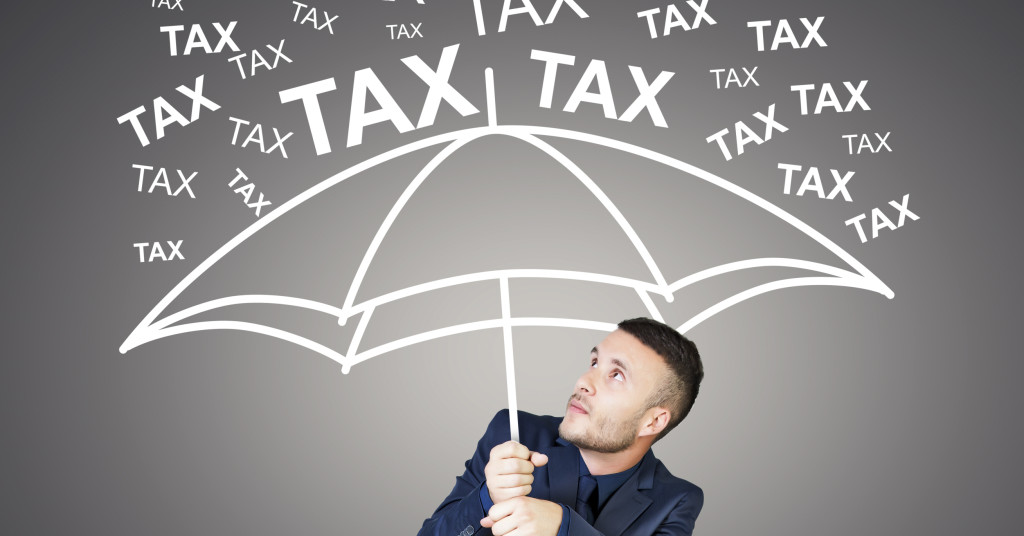Taxation hits pocketbooks hard—and taxpayers don’t always see them coming. While end-of-year income taxes and grocery store sales taxes are very noticeable, there are hidden taxes which sting just as much while remaining concealed to the untrained eye.
Such is the case in Florida: The Sunshine State takes millions of dollars in hidden taxes from Florida taxpayers each year.
When Floridians pay their monthly cell phone bills, more than 16 percent of the money goes to the government—the combined state and local tax on cell phone bills in Florida is 16.59 percent, ranking it the fourth highest state in the country. The total federal, state, and local tax rate on cell phone bills surpasses 22 percent, which means that almost a quarter of the average Floridian’s cell phone bill is consumed by the government.
Another example of hidden taxation is the gas tax. Across all counties, Florida’s average gas tax is 36.42 cents per gallon, making it the seventh highest rate in the country—well ahead of notorious high-tax states such as Maryland (#17) and Massachusetts (#28). In Miami-Dade County, the gas tax hovers around 52 cents per gallon. In Broward County—the home of Fort Lauderdale—it stands at 54 cents per gallon, on top of the 18.4 cent-per-gallon
So if you’re driving in Fort Lauderdale, an official $2.50 per gallon rate at the local pump is deceptive: Gas is really costing you under $2, but the government tacks on an extra surcharge. And that final tax
But while every state taxes cell phone usage and gas guzzling to some degree, the Sunshine State also stands alone. According to the Florida Chamber of Commerce, Floridians have paid more than $1.5 billion in so-called “hurricane taxes” assessed by the state to pay for several large storms from 2004 to 2005. And they will continue to be assessed until 2017. While so-called Hurricane Catastrophe Fund (CAT Fund) hurricane taxes ended in 2015, Florida taxpayers are still on the hook for an assortment of Citizens Property Insurance Corporation hurricane taxes.
Florida is also the only state in the country charging business owners a tax on their rent. Florida’s job creators pay $1.7 billion in rent taxes every year, money that could be used to create more jobs and invest in the state’s economy. This ultimately hurts job-seekers, who are left staring at fewer job opportunities and a less vibrant economy.
Throw in the fact that Florida now taxes Amazon shopping of all things and the Sunshine State isn’t so sunny after all.



